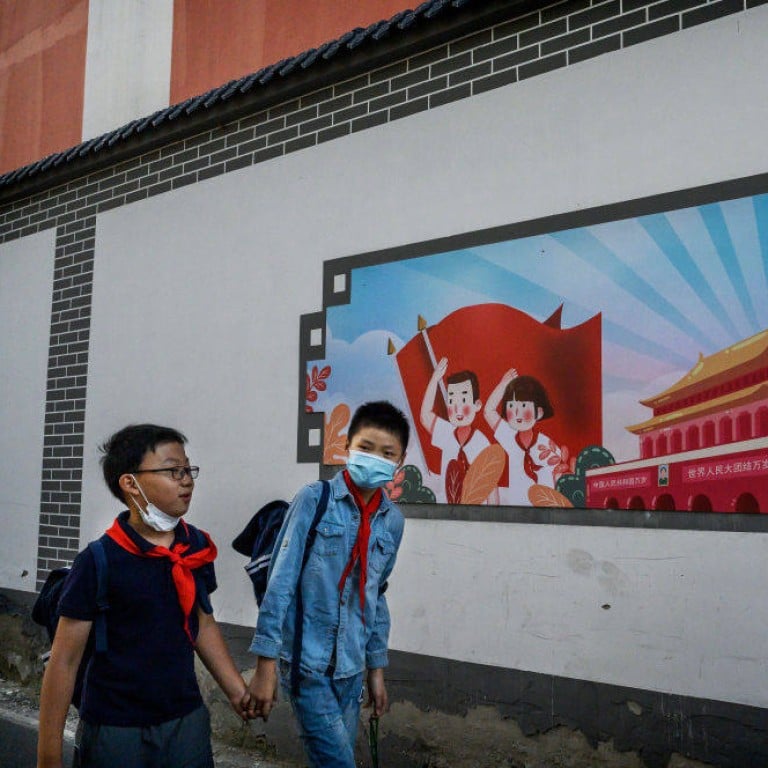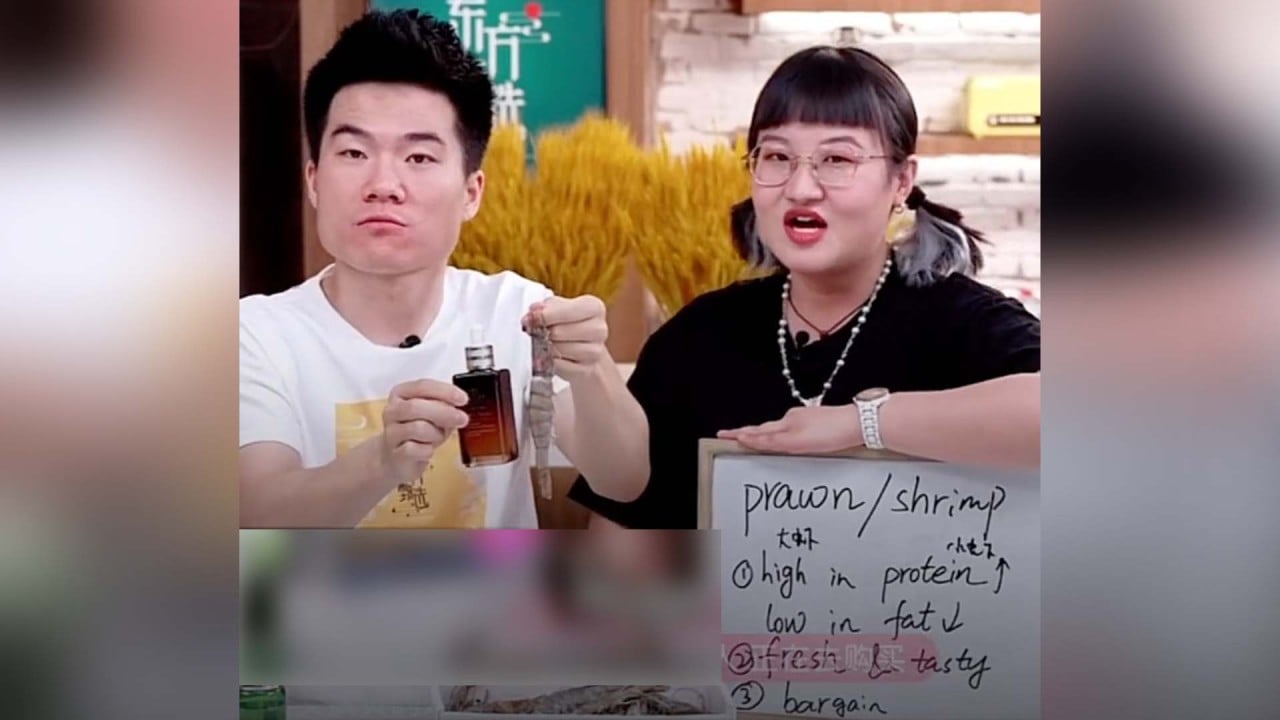
China’s latest lesson for private tutors includes harsh fines, tighter licensing requirements
- Fines up to US$13,710 for unlicensed operators are part of reforms to rein in what had been a frothy private education industry
- New rules, to take effect next month, follow Xi Jinping’s directive to ‘rectify’ the education system
The penalties, which will take effect from mid-October, are intended to help reform for-profit after-school tutoring activities, which Beijing began targeting two years ago in a shake-up of the education sector, according to a document published on the Ministry of Education’s website on Tuesday.
“[We] need to improve the legal framework for after-school tutoring and clarify law enforcement responsibilities, [to] standardise legal compliance for off-campus training, and make wrongdoers pay the price, while protecting those who comply,” the document said.
China’s tutoring giant triples sales by selling eggs after crackdown
After-school tutoring – long considered an essential for students hoping to perform well in China’s competitive school exams – has been reined through the “double reduction policy”, a package of reforms introduced in July 2021 that Beijing said were aimed at relieving pressures on students and reducing financial burdens on their families.
But according to the ministry, by the end of July, more than 100,000 companies had been licensed under the revised policy, after lowering tuition fees and meeting government requirements for qualifications, capital, staff and content.
Still, two years into the reform, unlicensed after-school tutoring continues in various forms “to some degree”, according to the ministry.
The ministry said that other entities or people who provided venues or platforms for such activities could also be held responsible.
‘No homework here’: ‘turbulence’ fears see China café ban family study sessions
The latest changes are part of a sweeping series of steps introduced two years ago under Xi’s plan to “rectify” the education system while imposing greater ideological controls on students.
Teaching materials used in tutoring as well as publicity content are also subject to censorship and approval by the ministry.
Xi has long denounced the private education industry as disruptive, burdensome and in need of regulation. In 2018, he said the sector “violated the laws of education” and “disrupted the normal order of education”.


